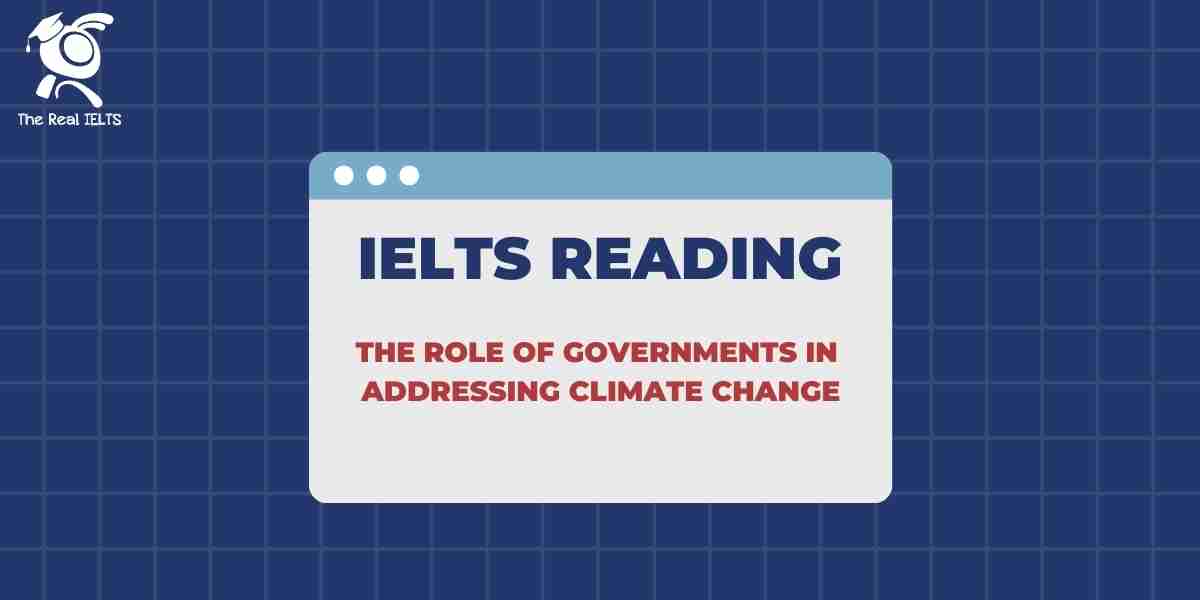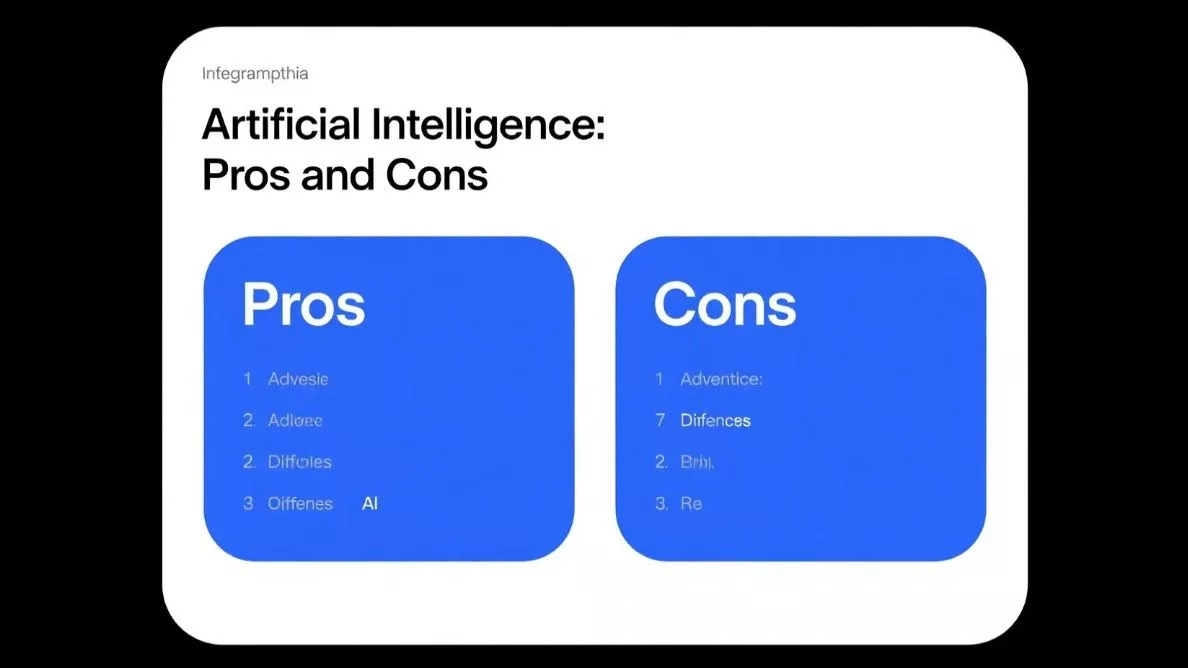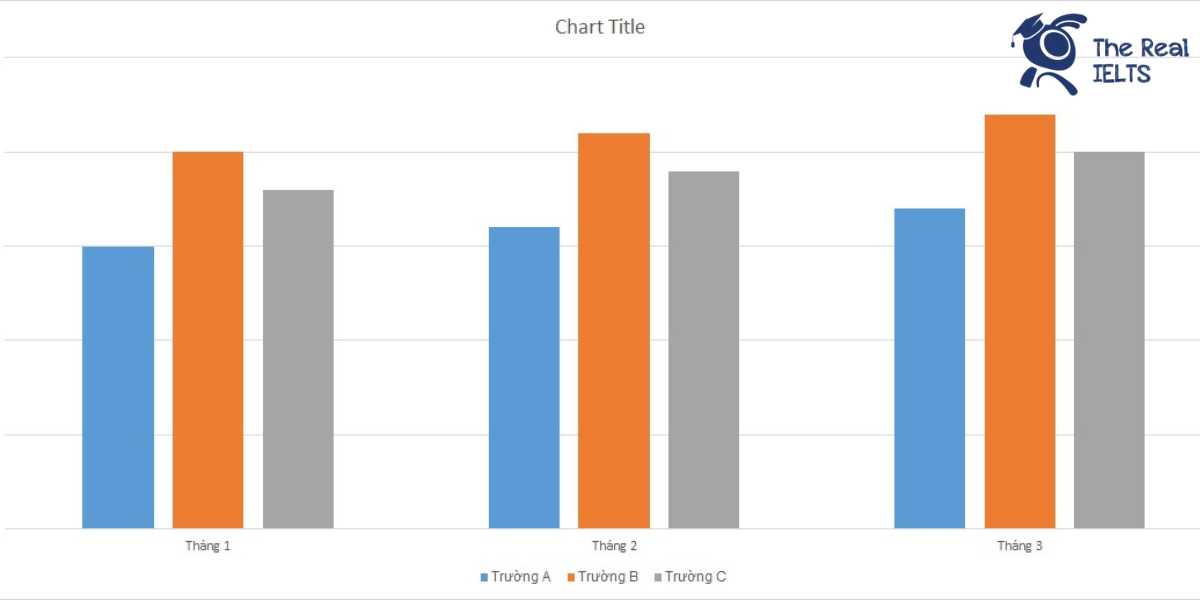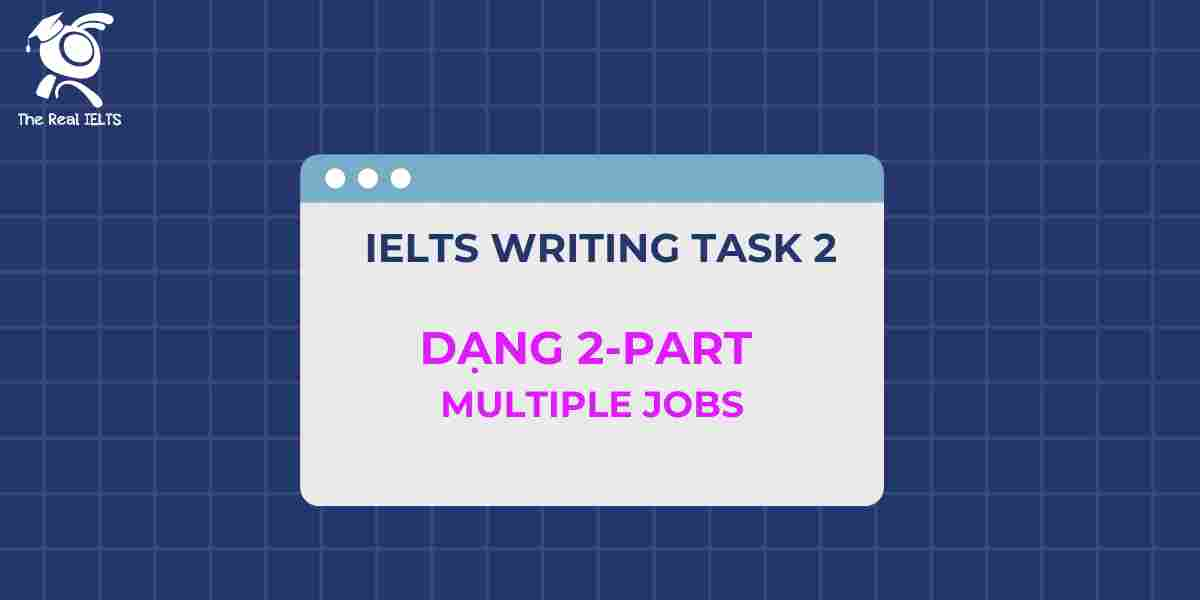Đề thi IELTS Reading có tiêu đề “The Role of Governments in Addressing Climate Change”
Nhớ đọc thêm các bài luyện thi IELTS nhé.
IELTS Reading:”The Role of Governments in Addressing Climate Change“
The Role of Governments in Addressing Climate Change
Climate change is one of the most pressing global challenges of our time. As the effects of rising temperatures, extreme weather events, and environmental degradation become increasingly apparent, the need for collective action has never been greater. Governments, as key decision-makers, play a pivotal role in addressing climate change. Their involvement is crucial not only in setting policies but also in coordinating global efforts, regulating industries, and ensuring that both economic growth and environmental sustainability go hand in hand.
To begin with, governments are in a unique position to enact and enforce legislation aimed at reducing greenhouse gas emissions. Many countries have already implemented laws that cap emissions from industrial sectors, set targets for renewable energy, and promote energy efficiency. For instance, the European Union has established the Emissions Trading System (ETS), a market-based approach where companies must buy allowances for their carbon emissions. By putting a price on carbon, the ETS incentivizes industries to reduce their emissions and adopt cleaner technologies. Similarly, countries like the United States and China have introduced their own regulations to curb pollution, although the effectiveness of these measures varies across regions and administrations.
Furthermore, governments are responsible for fostering research and development in renewable energy technologies. By investing in clean energy sources like wind, solar, and hydropower, governments can reduce their reliance on fossil fuels and mitigate the impact of climate change. For example, the United States, under its various administrations, has funded numerous renewable energy projects, making significant strides in the development of wind and solar energy. Meanwhile, countries like Germany have championed the use of renewable energy through policies like the Energiewende, which has transformed their energy sector by phasing out nuclear power and increasing the share of renewables.
Another important aspect of government action in addressing climate change is international cooperation. Climate change is a global issue that transcends borders, and as such, it requires a coordinated effort from nations worldwide. Governments participate in international agreements such as the Paris Agreement, which aims to limit global warming to below 2°C above pre-industrial levels. In this context, governments commit to reducing their carbon footprints and report their progress on an international stage. However, international agreements can sometimes face challenges, particularly when countries prioritize national interests over global environmental concerns. For instance, the decision of some countries to withdraw from the Paris Agreement has raised questions about the ability of global governance mechanisms to ensure compliance and hold nations accountable.
Moreover, governments play a critical role in regulating industries that contribute significantly to carbon emissions, such as transportation, agriculture, and energy production. Policies promoting electric vehicles (EVs), for example, are gaining momentum as governments recognize the need to decarbonize the transport sector. Norway, a leader in EV adoption, has implemented tax incentives, subsidies, and infrastructure development to encourage the use of electric cars. This demonstrates the power of government policies in shaping market behavior and accelerating the transition to a low-carbon economy.
In addition to reducing emissions, governments must also address the issue of climate adaptation. As the effects of climate change become more pronounced, vulnerable communities face rising sea levels, extreme weather events, and disruptions to food and water supplies. Governments have a responsibility to protect their citizens by investing in climate-resilient infrastructure, early warning systems, and disaster preparedness. In countries like Bangladesh, where flooding is a major concern, the government has implemented measures such as building flood-resistant homes and improving water management systems to mitigate the impacts of climate change.
However, despite these efforts, governments often face significant challenges in addressing climate change. Economic pressures, political instability, and the influence of powerful industries can hinder the implementation of effective climate policies. In many cases, short-term economic gains are prioritized over long-term environmental sustainability, leading to a lack of meaningful action. For instance, some governments continue to subsidize fossil fuel industries, despite their known contribution to global warming. This creates a conflict between economic interests and environmental responsibility, making it difficult to achieve the necessary reductions in emissions.
In conclusion, while governments play a crucial role in addressing climate change, their efforts must be sustained and strengthened to meet the growing challenges posed by a warming planet. By enacting comprehensive legislation, promoting international cooperation, regulating industries, and investing in clean energy and climate adaptation, governments can lead the way in mitigating the impacts of climate change. However, the success of these efforts ultimately depends on the willingness of governments to prioritize environmental sustainability over short-term economic gains and work collaboratively with the global community to address this existential threat. Only through coordinated and sustained government action can we hope to mitigate the worst effects of climate change and safeguard the planet for future generations.
Đề bài thi IELTS Reading
Multiple Choice (10 questions)
Choose the correct answer from A, B, C, or D.
- What is the main role of governments in addressing climate change?
A. Setting policies and enforcing laws
B. Providing financial aid to industries
C. Encouraging fossil fuel usage
D. Reducing global trade - What is the European Union’s Emissions Trading System (ETS)?
A. A system to promote energy efficiency
B. A market-based approach to reduce carbon emissions
C. A program for funding renewable energy projects
D. A cap on industrial production - How does the ETS encourage industries to reduce their emissions?
A. By providing subsidies for clean energy
B. By capping the number of allowances per company
C. By taxing companies based on emissions
D. By requiring companies to buy allowances for carbon emissions - Which country is noted for making significant strides in renewable energy through wind and solar development?
A. China
B. United States
C. Germany
D. Norway - What is the purpose of the Paris Agreement?
A. To establish global carbon taxes
B. To limit global warming to below 2°C
C. To promote economic growth
D. To increase fossil fuel production - Why did some countries withdraw from the Paris Agreement?
A. Because of insufficient global cooperation
B. Due to prioritizing national interests over global concerns
C. Due to failure in technological development
D. Because the agreement was too lenient - How has Norway promoted electric vehicles (EVs)?
A. By banning the production of fossil fuel vehicles
B. By providing tax incentives and building infrastructure
C. By subsidizing the production of gasoline cars
D. By partnering with other countries to promote EV use - Why are governments investing in climate-resilient infrastructure?
A. To increase economic growth
B. To protect citizens from extreme weather events
C. To promote international cooperation
D. To encourage the development of fossil fuel industries - What is the biggest challenge governments face in addressing climate change?
A. Economic pressures and political instability
B. Lack of technological advancement
C. Insufficient international agreements
D. Over-reliance on renewable energy sources - Why do some governments continue to subsidize fossil fuel industries?
A. To support long-term environmental sustainability
B. To prioritize economic growth over environmental concerns
C. To comply with international agreements
D. To promote clean energy adoption
True/False/Not Given (5 questions)
Decide whether the following statements are True, False, or Not Given.
- The European Union’s ETS does not involve financial transactions between companies.
- The Paris Agreement is the only international climate change agreement mentioned in the passage.
- Governments that prioritize environmental sustainability always see immediate economic benefits.
- Bangladesh has invested in climate-resilient homes to combat flooding.
- All countries participating in the Paris Agreement have met their emission targets.
Yes/No/Not Given (5 questions)
Decide whether the writer’s opinions match the statements given.
- The writer believes governments should prioritize environmental sustainability over economic growth.
- The writer thinks that international agreements like the Paris Agreement are always successful.
- The writer believes that investing in renewable energy is more effective than limiting emissions.
- The writer thinks that industries are fully cooperating with governments to reduce emissions.
- The writer feels that government actions have been insufficient in addressing climate change.
Matching Information (5 questions)
Match the following pieces of information with the correct paragraphs.
- Information about Norway’s promotion of electric vehicles
- The role of governments in protecting vulnerable communities
- The role of international agreements in climate change
- The challenges governments face in implementing climate policies
- Examples of countries investing in renewable energy
Matching Headings (5 questions)
Choose the correct heading for each paragraph from the list of headings below.
List of Headings:
A. International Cooperation and the Paris Agreement
B. Challenges to Governmental Action
C. Promoting Renewable Energy Investments
D. The Importance of Climate Adaptation
E. Regulating Industries for Carbon Reduction
- Paragraph 1: ____
- Paragraph 2: ____
- Paragraph 3: ____
- Paragraph 4: ____
- Paragraph 5: ____
Matching Sentence Endings (5 questions)
Match the first part of each sentence with the appropriate ending from the list.
- The European Union’s ETS…
A. is a market-based approach to reducing emissions. - The United States…
B. has invested in renewable energy projects to reduce its reliance on fossil fuels. - Countries like Germany…
C. have implemented policies to increase renewable energy use and reduce nuclear power. - Bangladesh…
D. has implemented infrastructure to protect against flooding. - International agreements like the Paris Agreement…
E. aim to limit global warming through collective action.
Sentence Completion (3 questions)
Complete the sentences below with no more than two words.
- Governments are in a unique position to enact and enforce ____ aimed at reducing emissions.
- The United States and China have introduced ____ to curb pollution.
- Governments have invested in ____ infrastructure to protect citizens from climate-related disasters.
Summary Completion (3 questions)
Complete the summary with no more than two words from the passage.
Governments have a critical role in combating climate change through ____ and regulations. Some countries, such as Germany, have made considerable investments in ____ energy. However, challenges remain, particularly due to economic pressures and political ____.
Short Answer Questions (4 questions)
Answer the following questions using no more than three words.
- What is the main goal of the Paris Agreement?
- Which country is highlighted for its use of renewable energy and phasing out nuclear power?
Đáp án bài thi IELTS Reading
Multiple Choice (10 questions)
- A. Setting policies and enforcing laws
- B. A market-based approach to reduce carbon emissions
- D. By requiring companies to buy allowances for carbon emissions
- B. United States
- B. To limit global warming to below 2°C
- B. Due to prioritizing national interests over global concerns
- B. By providing tax incentives and building infrastructure
- B. To protect citizens from extreme weather events
- A. Economic pressures and political instability
- B. To prioritize economic growth over environmental concerns
True/False/Not Given (5 questions)
- False
- True
- False
- True
- Not Given
Yes/No/Not Given (5 questions)
- Yes
- No
- Not Given
- No
- Yes
Matching Information (5 questions)
- Paragraph 5
- Paragraph 6
- Paragraph 4
- Paragraph 7
- Paragraph 3
Matching Headings (5 questions)
- A. International Cooperation and the Paris Agreement
- C. Promoting Renewable Energy Investments
- E. Regulating Industries for Carbon Reduction
- D. The Importance of Climate Adaptation
- B. Challenges to Governmental Action
Matching Sentence Endings (5 questions)
- A. is a market-based approach to reducing emissions.
- B. has invested in renewable energy projects to reduce its reliance on fossil fuels.
- C. have implemented policies to increase renewable energy use and reduce nuclear power.
- D. has implemented infrastructure to protect against flooding.
- E. aim to limit global warming through collective action.
Sentence Completion (3 questions)
- legislation
- regulations
- climate-resilient
Summary Completion (3 questions)
Governments have a critical role in combating climate change through legislation and regulations. Some countries, such as Germany, have made considerable investments in renewable energy. However, challenges remain, particularly due to economic pressures and political instability.
Short Answer Questions (4 questions)
- Below 2°C
- Germany
Luyện tập bài khác ở bài viết:”100 bài luyện IELTS Reading 2024 – 2025“















